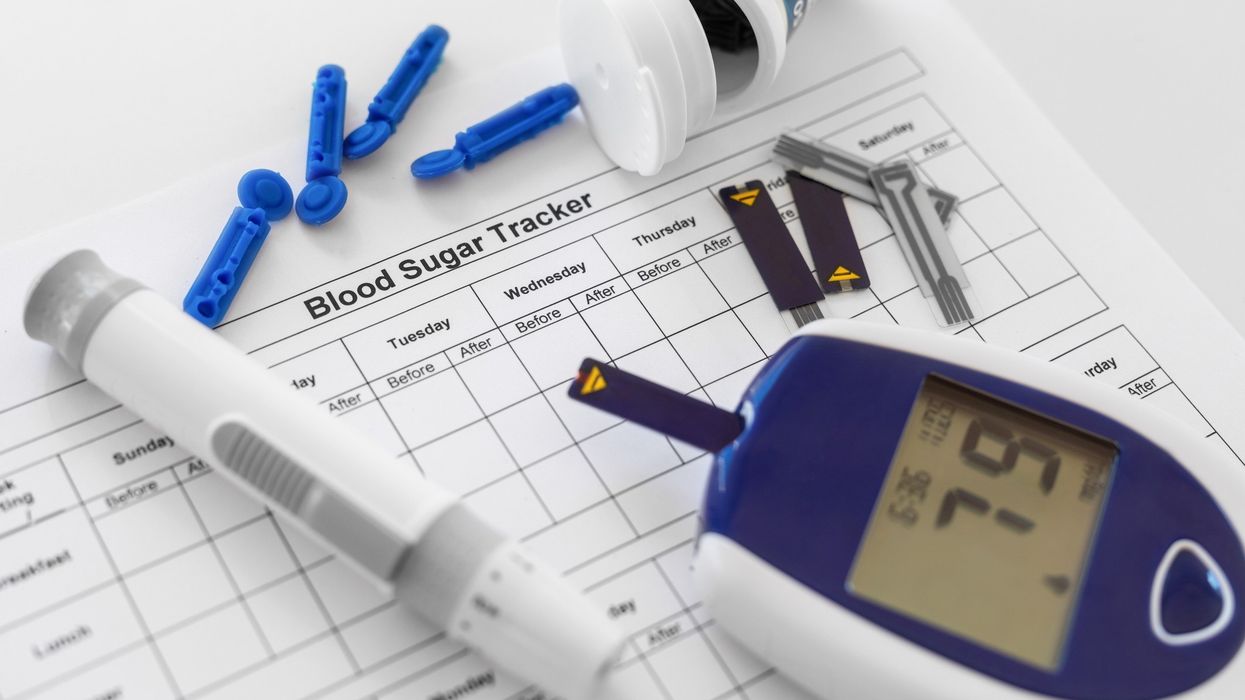Medical device manufacturers must now adhere to the UK's post-market surveillance (PMS) regulations.
The new rule came into effect on June 16, and manufacturers will have to monitor the safety and performance of their products already in use.
The move is part of the Medicines and Healthcare products Regulatory Agency’s (MHRA) broader transformation of the UK’s medical device regulatory framework.
It will apply to all UKCA- and CE-marked devices, such as in-vitro diagnostics (IVDs), glucose monitors, medical implants such as pacemakers and hearing aids, and a range of technologies used across hospitals, clinics, and at home.
Manufacturers will be able to identify potential safety issues and strengthen protection for patients and the public through faster responses.
They will have to ensure that there is an effective system in place to monitor devices after they enter the market, collect comprehensive safety data, report serious incidents, and take swifter action when issues arise.
The timeframe to report serious incidents to MHRA has been reduced to 15 days from 30.
The manufacturers will have to provide PMS Reports or Periodic Safety Update Reports (PSUR) within three days of the request.
This will help the MHRA and industry spot concerns early on and intervene to protect patients.
MHRA chief executive Lawrence Tallon said these new regulations provide a robust framework to protect patients.
"This represents an important milestone in our work in building a modern, responsive regulatory system – one that puts patient safety first, while also supporting innovation in life sciences and medical technologies across the UK," he said.












